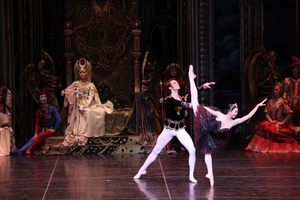To the Italian community, the second largest ethnic group in Melbourne, the festival represents a celebration of childhood memories of passata making and the humble tomato, the key ingredient in this Italian tradition.
Liz Rodriguez, sister of Guy Grossi and co-owner of Grossi restaurants, is one of the organisers of the festival, and said the event was inspired by the desire to continue the tradition which is such a strong part of her family and the Italian culture.
Ms Rodriguez said the annual event of passata making, while something she fondly remembers now, was dreaded as a child, due to the hot sun and sore fingers caused from all the tomatoes.
“But we’ve got beautiful memories of playing in the tomato field and having a few tomato bottles explode during the year,” she recalled.
The tradition involves pureeing tomatoes that have been picked, washed and blanched, before putting them in a bottle with some salt and basil leaves. The bottle is then sealed by boiling again. There are slight variations on this and the two tonnes of tomatoes used to make passata at this year’s festival will not be blanched.
“It’s one of those traditions that over time could become lost and we thought it was an important time when family and friends got together,” Ms Rodriguez said.
The event is a chance for the older generation of Italians to mix with the newer generations, and Ms Rodriguez said that the memories the older generation retains of the traditions contribute to the fun atmosphere of the event.
While the event has a large Italian following, it has extended to other cultures as well. For Ms Rodriguez, the popularity among different cultures is due to similar memories of preparing food together with the family.
The first festival was held at Farm Vigano, now too small for the event, which has a special significance for Ms Rodriguez. It is through this farm that her father, an Italian immigrant, received the chance to start a new life in Australia when they offered him a working contract in the 1960s.
While the festival offers food from a range of Italian regions, Ms Rodriguez said that the greatest influence on the food at the festival is from her Apulian mother, who was the main cook in the family home.
Aside from the passata making, some of the highlights of the festival will be cooking demonstrations and workshops. Attendees will have the opportunity to buy produce from the farmer’s market and Italian street food. Entertainment and children’s activities will be part of this year’s festival as well. However, the festival will also incorporate events aimed at raising awareness of food sources and production processes.
“We’ve got a talk on the importance of bees in the environment and then some things around sustainable farming,” Ms Rodriguez said.
The festival will run from 10:00 am until 6:00 pm on March 19.




























